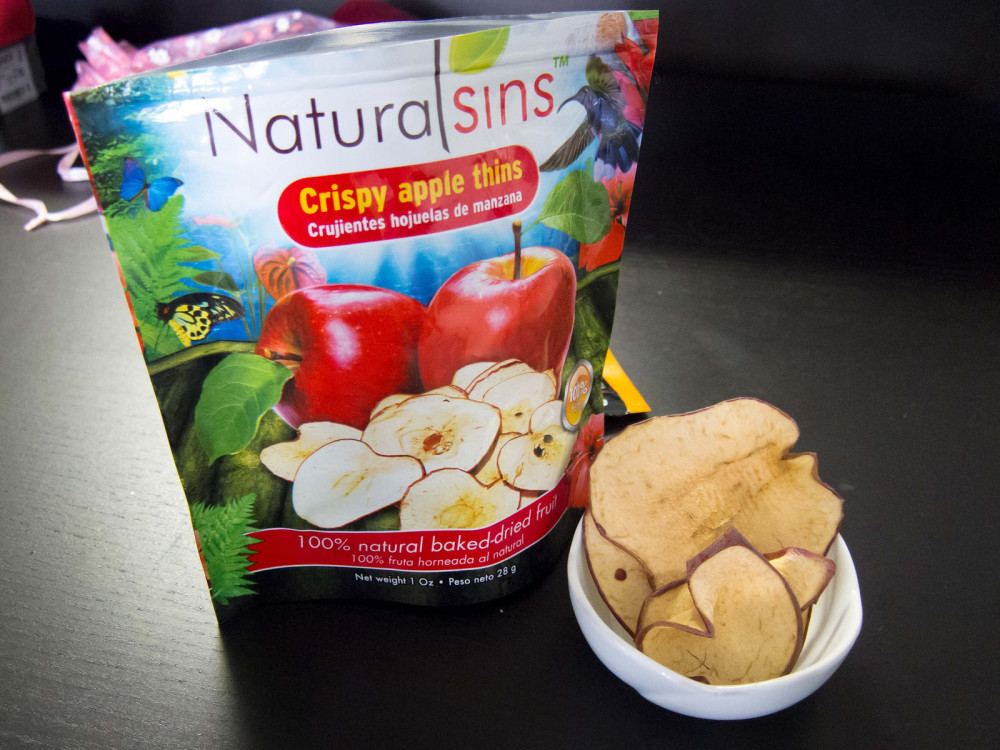By Nancy Dahlberg
The Miami Herald.
Call it the foodie effect.
The restaurant industry is a notoriously tough business.
buy kamagra gold generic buy kamagra gold online no prescription
Margins are typically low in grocery sales, as food costs continue to rise. But there are some food entrepreneurs who are defying the odds: those focused on fresher, healthier eating.
Healthier eating habits and busier lifestyles are trends that are converging to put food businesses into higher favor in the investment community.
Venture capital funding in food and grocery delivery companies has soared, according to CB Insights. In 2010 for instance, the sector attracted under $10 million quarterly. In the first quarter of this year: more than $200 million. The Angel Research Institute is also seeing angel funding in the food and beverage industries increasing each quarter.
On Thursday, six South Florida food businesses, from food delivery services to products to fast-casual restaurant chains focused on convenience, quality and value, participated in a panel discussion at the Emerging Technology Business Showcase hosted by the nonprofit Enterprise Development Corporation and the trade group Florida Venture Forum. The all-day event at Miami Dade College attracted about 125 people, a mix of entrepreneurs, investors and service providers.
While McDonald’s earnings recently dropped 30 percent, high-profile Silicon Valley investors have been pouring money into companies such as GrubHub, which reached a $1.9 billion dollar valuation earlier this year, Munchery and Blue Apron.
Meanwhile, a growing number of creative, business-savvy Miami area food and food-tech companies have been quietly and steadily growing and are “perhaps our region’s most successful and unique core entrepreneurial assets,” said Rob Strandberg, CEO of EDC.
Indeed, the Miami arm of the global nonprofit Endeavor, which selects, mentors and accelerates high-impact entrepreneurs, is looking at a number of South Florida food businesses to potentially support; My Ceviche’s co-founders were two of the first three Miami-area entrepreneurs tapped as Endeavor Entrepreneurs.
Some South Florida companies such as Natural Sins, maker of a line of all-natural dried fruit snacks produced in Costa Rica, are taking a strategic approach to its U.S. expansion, market by market, said founder and CEO Andres Dominguez.
Others, like Fresh Meal Plan headquarter in Boca Raton, have been growing quickly in South Florida and now looking at national expansion.
Fit2Go Meals was a pioneer in the meal delivery industry, entering in 2005. That meant a lot of time was spent early on on consumer education, said Cesar Quintero, founder and COO. He has since started two related companies — RawBar2go and Fit2Go DS.
Along with having strong business plans and keeping a keen eye on their financials, all talked about the importance of social media and nurturing brand ambassadors in their success strategies.
“By 2020, 70 percent of food customers will be off premises,” said Quintero. Why? Because millennials don’t all want to cook but they still want to eat healthy and they want it delivered, he said. “You don’t have to leave your house of office.”
Foodoozle, which was founded last year, aims to provide fast reliable and cost-effective delivery using smartphone technology and data driven logistics, “allowing us to deliver better, faster and cheaper than restaurants,” said CEO Andre Melo.
The ETBS event also included a VC bootcamp with discussions about fundraising strategies, termsheets and valuations.
In the afternoon, eight South Florida startups presented their companies: Blackdove, Foodoozle, Fresh Meal Plan, Hair Construction, Haku Sports, itopia, KottonZoo and netFundz.














































































































































































































































































































































































